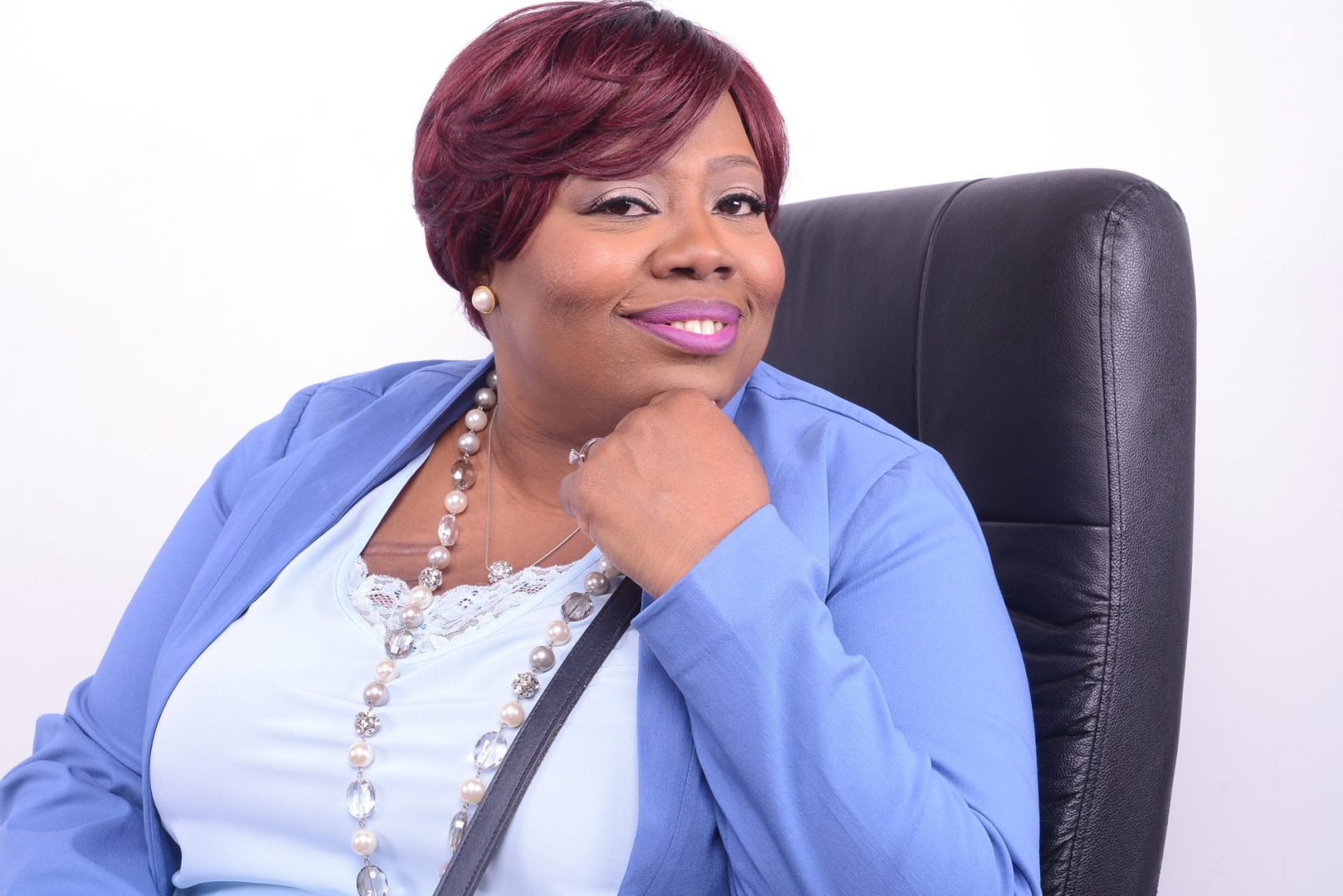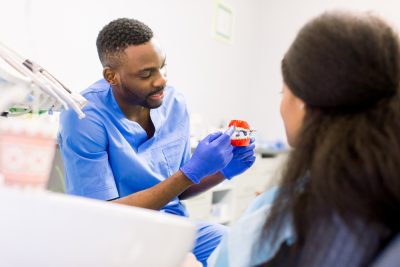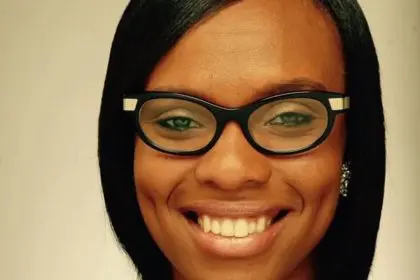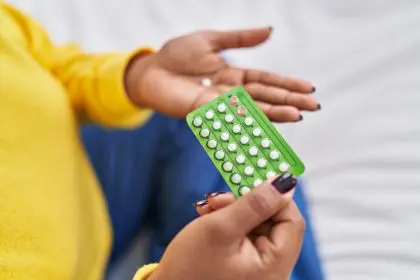In the quiet hours before dawn, while most of Chicago sleeps, Tracey Young and her husband arrive at Planet Fitness. It’s 3:30 a.m., a time chosen deliberately to avoid the social butterflies who gather later in the day. The couple, married for nearly 33 years, moves methodically through their routine: treadmill at level 2, speed 2, incline 2. For Young, these numbers represent more than machine settings; they’re milestones in a journey that began with a devastating diagnosis more than two decades ago.
“I can lift weights, I can actually pull up on my body weight,” Young says with unmistakable pride. “I can pick me up.” This achievement, seemingly modest to most, represents an extraordinary victory for a woman once told she wouldn’t live to see her daughter turn five.
When breathing becomes a battle
In the weeks following the birth of her daughter Amber, Young noticed something troubling: she couldn’t catch her breath. “I actually thought that I was developing asthma,” she recalls. At her six-week postpartum checkup, she mentioned the breathing difficulty to her OB-GYN. The doctor paid attention but ultimately brushed it off, attributing her symptoms to her weight without checking her blood pressure.
The next day, Young’s primary care physician took her blood pressure and found it alarmingly high. As the doctor listened to Young’s heart, she “heard the fluid rushing through like a river” and immediately called 911. At the hospital, a cardiologist delivered the crushing news: Young had postpartum cardiomyopathy (PPCM), a rare form of heart failure that occurs during pregnancy or immediately after childbirth. The prognosis was grim.
“I was told at that time that I would not live to see Amber turn 5,” Young says, the memory still vivid after all these years.
For Young, a woman of deep faith who served as a supervisor with the Illinois Department of Children and Family Services, the diagnosis was incomprehensible. “This was supposed to be such an amazing happy time giving birth, and now I’m being told that I’m going to die,” she recalls. “All I could think about was, who’s going to raise my kids? I didn’t want my husband to be left as a widower.”
Preparing for death while clinging to life
As her health deteriorated “drastically” and “really, really fast,” Young began preparing for death. On October 10, 2010, her 40th birthday, she hosted what she privately considered her own memorial service.
“I said, if I’m gonna pass, I need to be at the repass,” she explains, using the term for the gathering after a funeral. “I basically had a 40th birthday party that I turned into a repass.”
Young invited loved ones, distributed trophies to mentors, and commissioned a video for her children to remember her by. “I said, if y’all go have a party I won’t be there,” she remembers. “People had no idea the thought behind it.”
But fate had other plans. Shortly after this preemptive farewell, Young received a life-changing opportunity: she was selected to receive an Abbott HeartMate 2, a left ventricular assist device (LVAD) that would help her weakened heart pump blood. The implantation in May 2012 marked the beginning of her remarkable second chance.
“When I tell you it changed my life drastically, it changed my life drastically,” she emphasizes. “The shortness of breath left, the hospital stays literally ceased. I began to be able to exercise.”
The burden of bias in healthcare
Young’s story highlights a troubling reality in American healthcare, the dismissal of Black women’s symptoms. When she initially reported breathing difficulties, her doctor attributed them to her weight without conducting basic tests that would have revealed her life-threatening condition.
“There’s a stereotype,” Young explains. “I have experienced this as an African American, morbidly obese woman throughout time… being perceived as, you’re fat, you’re overweight, and you’re uneducated.”
Despite holding bachelor’s, master’s, and doctorate degrees, Young found herself fighting to be taken seriously. “I have exhausted myself by proving that I’m educated,” she says. Even during her pregnancy, when she told her doctor she couldn’t breathe, the response was blunt: “cause you fat.”
Young accepted this explanation at the time, unaware of heart failure symptoms or the importance of monitoring blood pressure. “I didn’t realize the importance of checking your blood pressure. Because had I, I would ask why you didn’t check my blood pressure,” she reflects.
This experience has shaped her mission to educate other women, particularly young Black women, about advocating for themselves in medical settings. “I start educating myself and researching and learning. I didn’t just take the medical advice, I went and read things for myself so that I could get a better understanding, so I could ask questions.”
From surviving to thriving
Today, Young’s life looks remarkably different from the grim future once predicted. Her daughter Amber, who doctors said she wouldn’t live to see turn five, is now 27 years old. Young herself has defied medical odds, living with her LVAD for over a decade when such devices are typically considered short-term solutions.
Her wellness routine now prioritizes self-care rather than merely surviving for others. “Initially I was living to raise my children, I was living so that my husband would not be a widower,” she explains. “Today I live for Tracey.”
This shift in perspective has brought consistency and joy to her health journey. Young and her husband follow a diet based on their blood types, which she says has reduced inflammation and increased her energy. “We eat to live, we don’t live to eat,” she states, though she’s quick to add that their food remains enjoyable.
Young’s transformation extends beyond physical health. After suffering “2 viral heart attacks” and numerous hospital stays that kept her from many of her children’s activities, she now celebrates milestones with exuberance. When Amber graduated high school, Young “went above and beyond,” spending lavishly on prom despite others’ questions.
“I felt like I owed it to her,” Young explains. “My kids didn’t have ordinary way of living. They grew up with a sick mom.”
Heartbreak and renewed determination
Young’s commitment to health intensified after personal tragedy. On April 14, 2023, her son suffered “a massive heart attack where a virus attacked his heart,” and he did not survive. The anniversary of his passing during this interview adds poignancy to her story.
“That really brought a greater reflection for me and my husband in terms of our determination and dedication,” Young says. With Amber unmarried and without children, Young and her husband renewed their commitment to their health. “We did not want to leave Amber in this earth alone… We was like, come on, we got to get this thing together.”
The family connection to heart disease runs deep. Four years after receiving her LVAD, Young’s older brother needed the same device. Young later discovered that “every woman in my father’s bloodline died from heart disease,” knowledge that came tragically late.
A mission of hope and education
After 12 years and numerous setbacks, Young recently qualified for a heart transplant. “It took me 4,440 days to get on the heart transplant list,” she calculates. “I failed so many times, but I got back up. My mantra is, quitting ain’t never option.”
Young now serves as both a pastor at “But God Ministries” in Wheaton, Illinois, and an advocate for women’s health. She founded WEAP (Women of Excellence, Ambition, and Purpose), a non-religious organization where women of all backgrounds can find support and education about various health issues.
“We need that community, we need that collaboration. We need to be here for one another,” Young emphasizes.
For new mothers facing a PPCM diagnosis, Young offers encouragement, “There’s hope, it’s not a death sentence, miracles happen.” She urges patients to educate themselves, follow medical advice, and build support teams. Young and her husband personally visit patients receiving LVADs, holding their hands through procedures that once terrified her.
Young believes community education is crucial for advancing Black maternal health beyond awareness weeks. “We have to reach people where they are,” she says, suggesting outreach through churches, libraries, schools, and places where Black women shop and gather.
“Put African American faces. Put young people,” she advises for health education materials. “Heart disease strikes from the youngest newborns, all the way to the elderly. It doesn’t care about your race. It doesn’t care about your socioeconomic background.”
Above all, Young wants people to recognize the power of perseverance and faith. “First and foremost there’s hope,” she says. “Secondly, I hope that I’m not stepping over my bounds, but you need a relationship with the Lord.”
As dawn breaks over Chicago, Tracey Young completes her workout, defying a diagnosis that once seemed like a death sentence. Her daughter has not only reached her fifth birthday but approaches her twenty-eighth. And Young herself continues reimagining what’s possible with each heartbeat, assisted but undeterred.













